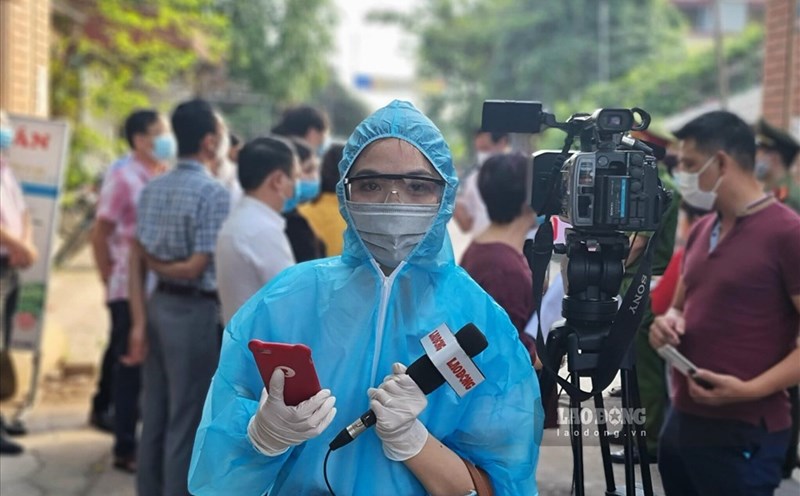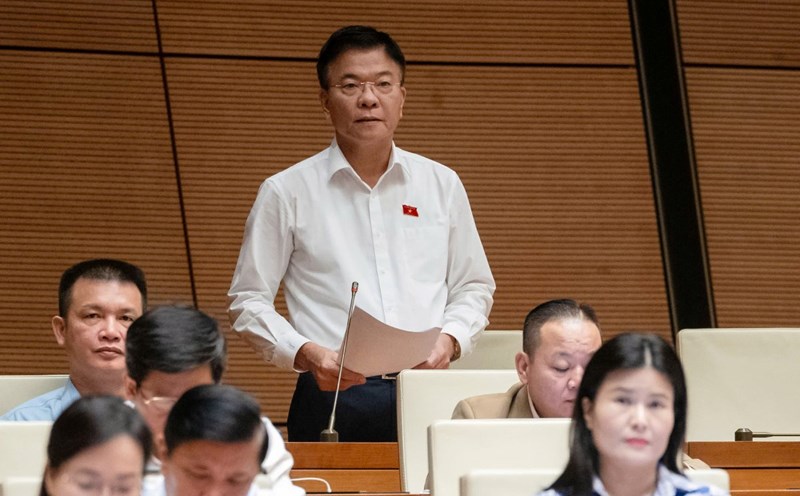Amid the AI technology boom, OpenAI - the company behind ChatGPT - has introduced censorship measures to limit the "processing" of images of US presidential candidates.
The aim of this decision is to control sensitive content, helping to prevent potential negative impacts from creating fake images of famous people, especially politicians.
According to CNBC, ChatGPT has blocked more than 250,000 requests to create images related to US presidential candidates, a move that clearly shows its efforts to comply with ethical and legal principles regarding sensitive information and images.
OpenAI is under intense pressure from the public and government agencies to control its AI products. With the ability to create photorealistic images through DALL-E 3, OpenAI is forced to think carefully about allowing users to create images related to public figures.
The decision to block requests related to presidential candidates came after OpenAI saw the risk that fake images could be misused to distort public opinion, especially in upcoming elections.
By setting up these blocks, OpenAI hopes to minimize the negative impacts of AI technology on the electoral process and prevent its products from being abused for improper influence purposes.
However, some argue that this decision could make users feel limited and reduce the creativity that AI brings. Accordingly, OpenAI's strict control may make some users unhappy, especially those who want to use AI technology freely to express creative ideas.
To calm public opinion, OpenAI is still committed to continuing to adjust and optimize the technology to ensure it meets the diverse needs of users, while maintaining ethical and legal standards.
As AI continues to evolve, decisions like this from OpenAI show the importance of building a responsible AI environment.
The company hopes that these measures will not only help protect public figures but also promote a safe, transparent, and trustworthy AI platform.
This is a necessary step to prepare for a future where AI will increasingly play a large role in society, especially in sensitive areas such as politics and media.











